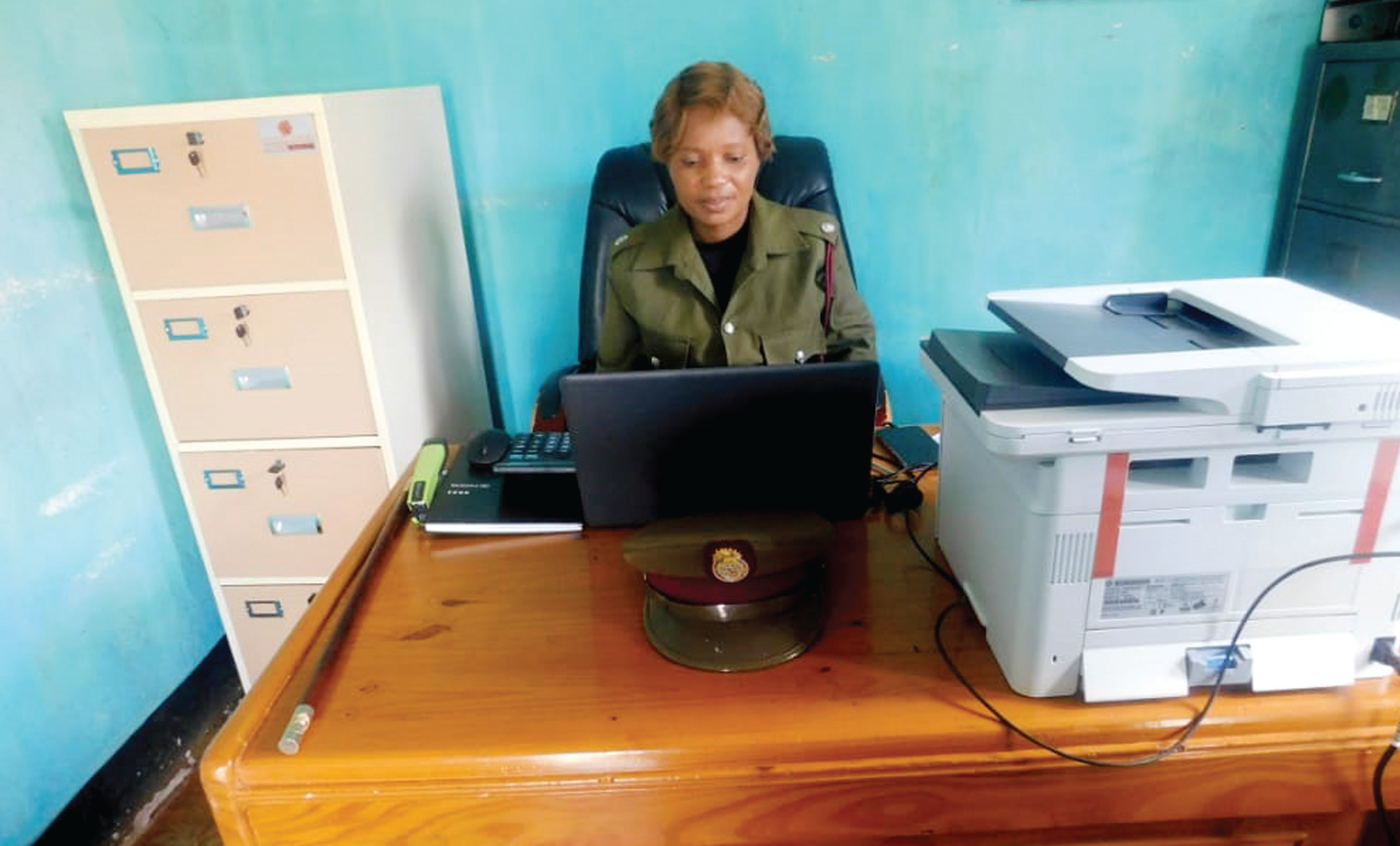Aspirant asks educated women to take the mantle
Aspiring councillor for Zomba City Likangala Ward, Munira Abdullah, says there is need for women with higher education to take part in politics if Malawi is to achieve its development goals.
She observes that some people believe when one is educated, they cannot contest in politics, especially the councillorship.

“I have even been asked why I want to contest as a councillor, being a graduate? I tell them that these positions also need educated people to understand and articulate issues,” she says.
About the position she is vying for, Abdullah said councillors are development tools, anchored through the decentralisation policy that allows citizens to demand for the kind of change they need.
Abdullah is a woman who believes that when councillors are elected, they are mandated to carry out the wishes of the people and when the right person is chosen, true development gets carried out.
She listed the local development fund (LDF), constituency development fund (CDF) and district development funds (DDF), all taxpayers’ money, as facilities which need to give back to the people through provision of better services and also ensuring checks and balances as well as accountability to the people.
As for development projects, Abdullah says she wants to lobby for early childhood development (ECD) centres, which are not really present apart from private and expensive ones.
In addition, she wants to advocate for increased budget allocation towards maternity and under-fives clinics in the city’s health centres.
On the gaps she has seen, Abdullah says 52 percent of the Malawi population are women and most of them put people in positions.
“The problem is that people vote for a political party and not how efficient a person is. It’s not a party that works, but an individual,” she observes.
On personal thoughts, she notes: “I always say Malawi is not poor, but what matters is our resource priorities. Malawi has good policies which only need implementation.”
She believes implementation cannot work in isolation, but begins with the president, parliamentarians and councils, down to village development committees.
She adds that the full participation of citizens would ensure ownership of development projects.
Abdullah comes from a family of seven and she is Muslim.
She has four children and understands the misconceptions and stereotypes about Islam— that it doesn’t allow women to stand in public positions.
“When we look at the history of Islam, Muslim women have taken leading roles. For instance, Khadijah bint Khuwaylid was a woman of influence, a business person who actually led the Prophet Muhammad and vastly contributed to the development of Islam,” she says.
Abdullah also says Islam doesn’t deny women of leading; rather, it says ‘a woman cannot lead in prayers’. If it has to do with development, it does not hinder them from doing that.
“People always like to say politics is a sin. When you join politics, you are not religious, but a sinful person and if you are educated, you have nothing to do. Honestly, these are just stereotypes. We really need to change our mindset,” she says.
The aspirant has a background in social work, got a bachelor’s degree in human resource management at Chancellor College.
She underwent several courses to diversify her knowledge and several trainings, including nutrition, HIV management, manure farming and parenting schools with Yoneco.
“This is our home and this is where we want to see good infrastructure, such as roads, bridges, schools and health facilities. The role of councillors is to push for the development agenda through the council to the people,” she says.





